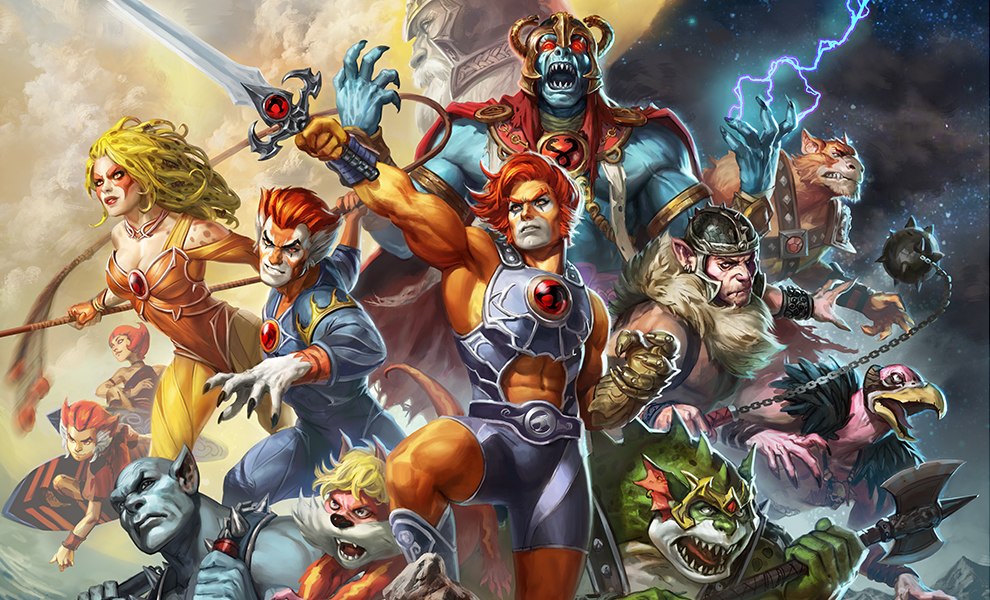In a cinematic universe constantly reinventing itself, few matchups could send more shockwaves through fandom than Robert Downey Jr. returning to the MCU—not as Iron Man, but as Victor Von Doom—squaring off against Tom Hiddleston’s newly ascended Loki, the God of Stories. It sounds like fan fiction on steroids, but recent rumors, multiversal loopholes, and Marvel Studios’ shifting creative compass suggest that something of this magnitude is no longer off the table.
So what would a confrontation between these two titanic characters actually mean? Let’s break it down.
A New Age of Character Reinvention
The idea of Downey returning as a variant—Doctor Doom from another universe—is a masterstroke of casting and storytelling. For fans who thought they’d seen the last of RDJ in the MCU, this twist offers emotional continuity while breaking free of narrative redundancy. It allows the actor to play a darker, more calculated version of brilliance unburdened by the moral compass of Tony Stark.
Loki, on the other hand, has completed one of the most remarkable arcs in the MCU. Once a trickster and antagonist, he now exists as the “God of Stories,” a multiversal being with vast knowledge and the power to shape timelines. He is no longer just an Asgardian prince but a cosmic narrator and possibly the last line of defense against universal collapse.
Put these two in the same room, and you don’t just have a villain vs. antihero dynamic—you have a philosophical war.

Robert Downey Jr. Doctor Doom concept [credit: Marvel Studios]
Thematic Stakes: Order vs. Chaos, Control vs. Destiny
Doctor Doom is the ultimate embodiment of control. Whether through sorcery, science, or sheer will, Doom doesn’t just want to rule—he wants to reshape reality in his own image. Loki, now wielding narrative authority, represents the chaotic force of possibilities, free will, and self-reinvention.
Their face-off would raise deeper questions: Can stories save the universe? Or does it take unrelenting control to prevent collapse? This would elevate the conflict beyond mere CGI spectacle and into something metaphysical—more Eternalsmeets Loki, less Avengers punch-fest.
Legacy and Multiversal Futures
This matchup would also allow Marvel to reckon with its past while building something new. Downey’s Doom could become the ultimate cautionary tale of what Tony Stark could have become without his redemption. It reintroduces an MCU cornerstone in a bold new way without undermining the finality of Endgame.
Meanwhile, Loki’s continued evolution positions him as a sort of “Watcher with agency”—a being who sees all stories and might choose which ones get to be told. That makes him either Doom’s perfect foil or his final target.

Tom Hiddleston, Loki: God of Stories [credit: Marvel Studios]
Setting the Stage for Secret Wars
Let’s be honest—everything is pointing toward Secret Wars. And if Marvel Studios intends to deliver a multiversal saga that rivals Endgame, it needs more than just cameos. It needs emotional stakes, philosophical battles, and the return of legendary faces in unexpected roles.
Downey as Doom vs. Loki isn’t just a fan-pleasing spectacle. It’s narrative gold. Doom’s authoritarian view of survival versus Loki’s belief in the power of stories could form the ideological spine of the entire Secret Wars event. Think Magneto and Professor X, but with the fate of infinite realities hanging in the balance.
Final Thought
Whether or not this showdown ever materializes, the fact that it feels possible is a testament to Marvel’s willingness to evolve. The MCU’s next era won’t just be about who punches hardest. It will be about who controls the narrative—and what that means for every world, every variant, and every fan still invested in the multiverse of possibilities.
If Doctor Doom is the villain of the future, and Loki is the storyteller of all, then the MCU may be heading toward its most unpredictable—and most human—conflict yet.
